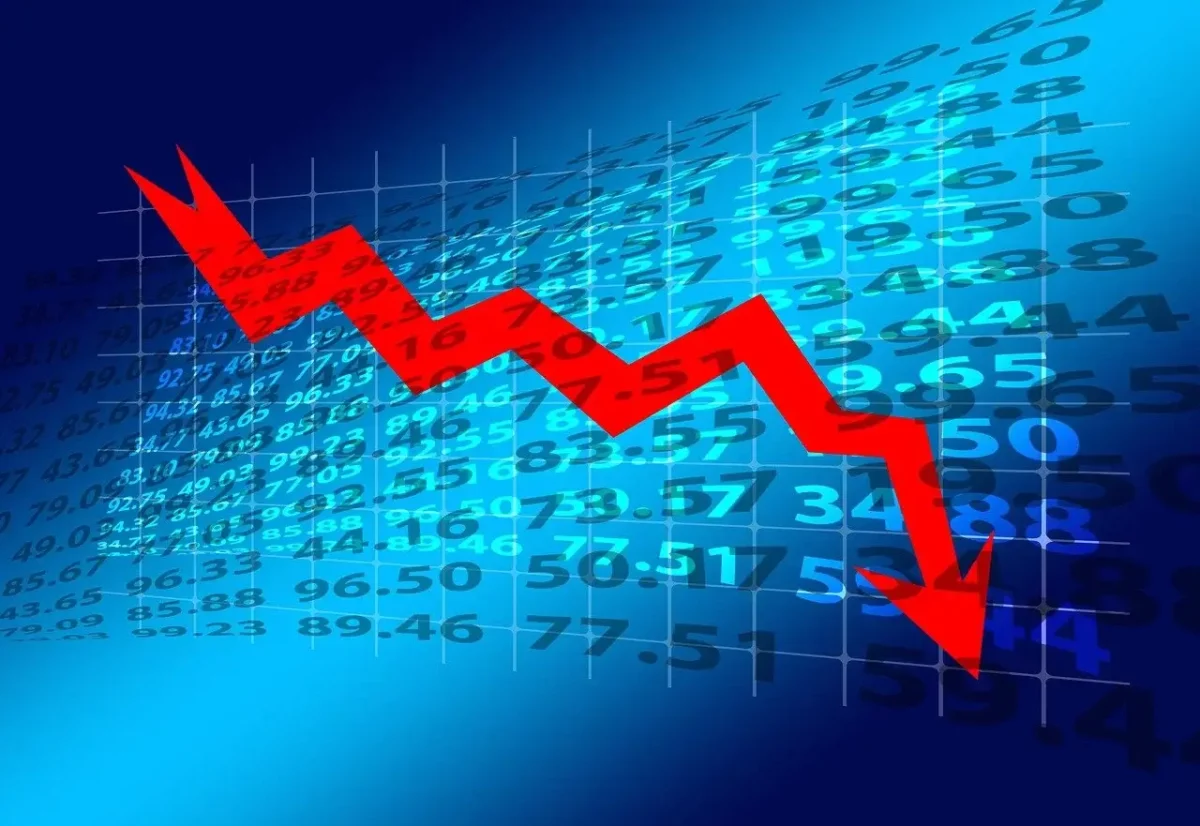Recession Odds Still High if Trump Doesn’t Reverse Course, Analyst Warns
09.06.2025 9:00 1 min. read Alexander Stefanov
Despite solid employment data and improving trade sentiment, BCA Research’s Peter Berezin isn’t convinced the U.S. is in the clear.
In his latest market outlook, Berezin said the economy remains fragile—and avoiding a recession may depend more on political choices than economic fundamentals.
He argues that a less protectionist stance, particularly from Donald Trump if he returns to office, could help ease pressure on growth. Loosening tariffs, combined with continued complacency in bond markets over rising deficits, might delay or prevent a downturn—but Berezin doubts that scenario will play out cleanly.
The strategist’s warning came days after the U.S. reported stronger-than-expected May job growth, with 139,000 positions added and unemployment steady at 4.2%.
However, Berezin sees concerning similarities to past pre-recession periods, pointing to a softening in consumer confidence and persistent signs of financial strain across credit cards, auto loans, and commercial real estate.
He maintains that the economy remains vulnerable and that a single shock—economic or political—could set off a negative chain reaction.
Though recent progress in U.S.-China trade relations has slightly lowered recession odds, Berezin believes the danger hasn’t passed and that structural risks continue to mount beneath the surface.
-
1
Japan’s Inflation Hits 3.5% as Food Prices Soar and Tariff Risks Loom
23.05.2025 21:00 1 min. read -
2
US Dollar Dominance Under Threat Amid Yuan’s Global Ambitions
22.05.2025 14:00 2 min. read -
3
Wall Street Analyst Sees Bright Side of Ballooning U.S. Debt
30.05.2025 8:00 2 min. read -
4
Billionaire Warns U.S. Debt Crisis Could Deepen After New Bill
28.05.2025 15:00 1 min. read -
5
Dollar Decline on the Horizon as Fed Pivot Looms, Morgan Stanley Warns
26.05.2025 17:00 1 min. read
Economist Who Called 1987 Crash Warns Markets Face Growing Risk
Mark Skousen, the economist who foresaw the 1987 market collapse, believes the current financial environment is entering a precarious phase.
Dollar Dominance Fades: Asia Turns to Local Currencies and BRICS Bloc
Across Asia, the U.S. dollar is rapidly losing ground as countries intensify efforts to reduce reliance on the greenback.
JPMorgan Warns U.S. Economy May Be Slowing Behind the Headlines
Despite encouraging job numbers on the surface, JPMorgan Chase’s chief global strategist David Kelly says the U.S. economy is quietly losing momentum.
Push for Rate Cuts Fuels Speculation Over Powell’s Successor
Kevin Warsh, a former member of the Federal Reserve’s Board, has become a key figure in speculation about who might lead the U.S. central bank next.
-
1
Japan’s Inflation Hits 3.5% as Food Prices Soar and Tariff Risks Loom
23.05.2025 21:00 1 min. read -
2
US Dollar Dominance Under Threat Amid Yuan’s Global Ambitions
22.05.2025 14:00 2 min. read -
3
Wall Street Analyst Sees Bright Side of Ballooning U.S. Debt
30.05.2025 8:00 2 min. read -
4
Billionaire Warns U.S. Debt Crisis Could Deepen After New Bill
28.05.2025 15:00 1 min. read -
5
Dollar Decline on the Horizon as Fed Pivot Looms, Morgan Stanley Warns
26.05.2025 17:00 1 min. read


